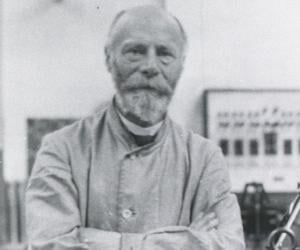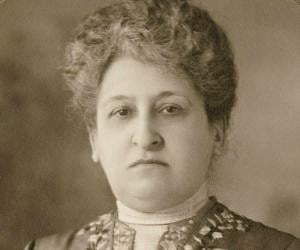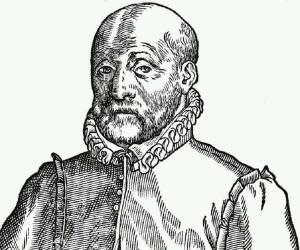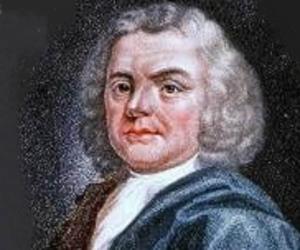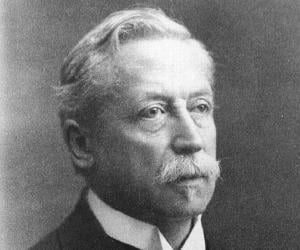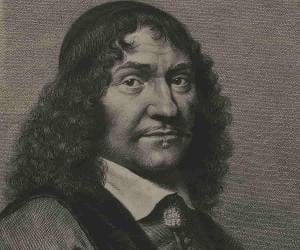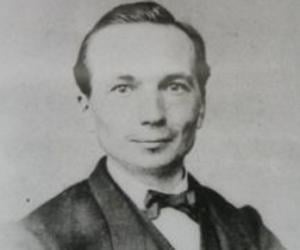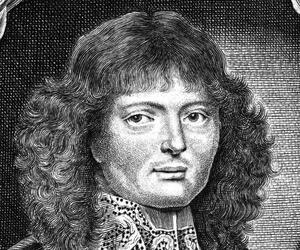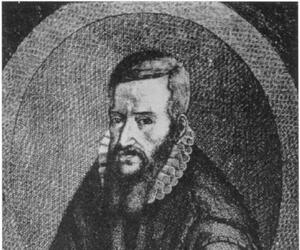1
Willem Einthoven
(Inventor of the first practical ECG)
Birthdate: May 21, 1860
Sun Sign: Gemini
Birthplace: Semarang
Died: September 29, 1927
Willem Einthoven was a Dutch medical doctor and physiologist renowned for inventing the first practical electrocardiograph (ECG or EKG) in 1895. His groundbreaking work led to the discovery of the mechanism of the electrocardiogram, which earned him the Nobel Prize in Physiology or Medicine in 1924. Einthoven's invention revolutionized the field of cardiology, enabling the accurate measurement and interpretation of the heart's electrical activity. His contributions continue to have a profound impact on the diagnosis and treatment of cardiovascular diseases worldwide.
